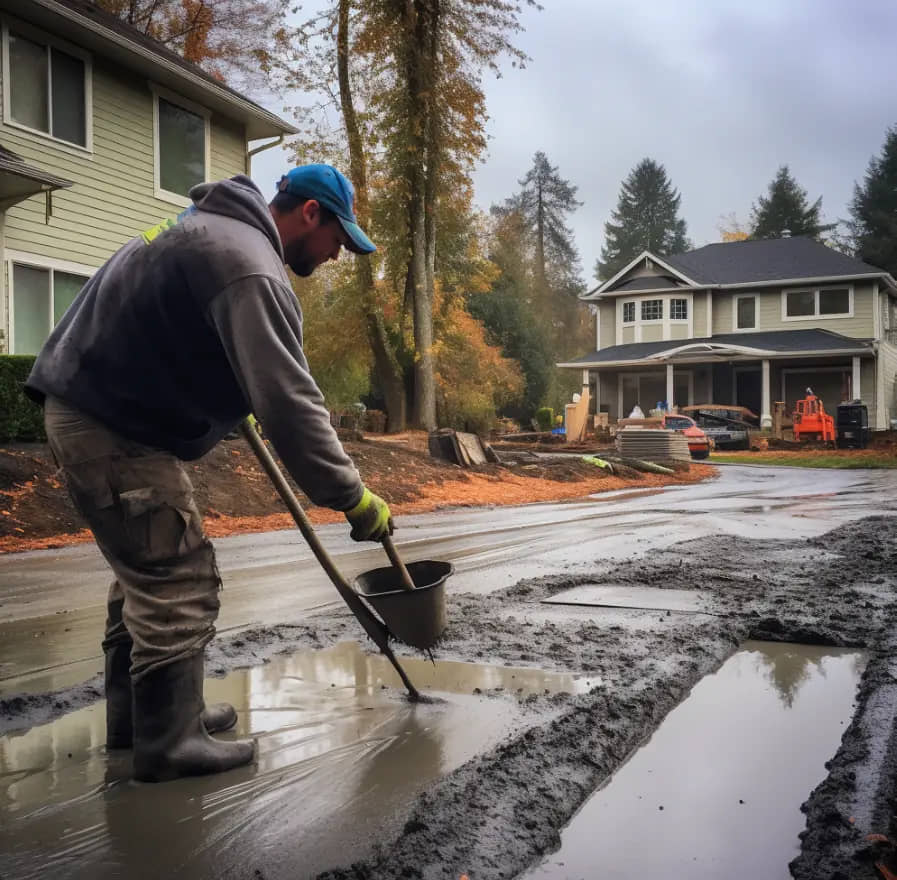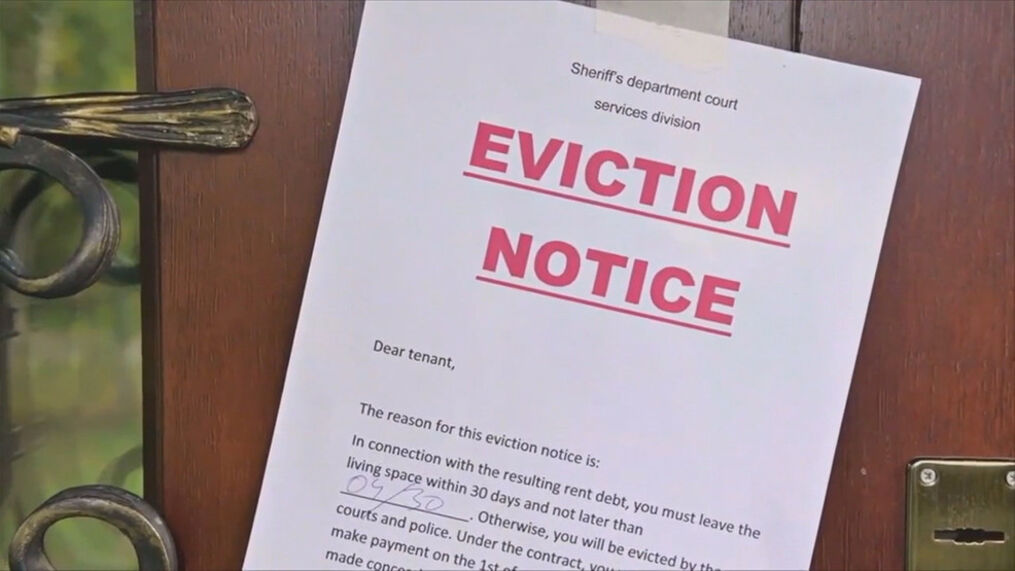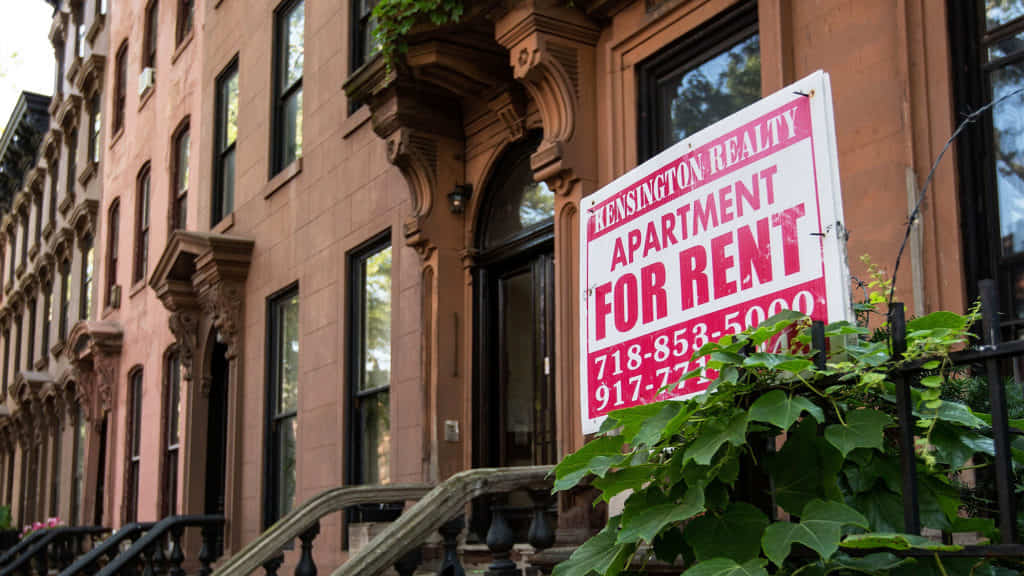When renting a new apartment, it's common to come across a situation where you've found the perfect place but aren't able to move in right away. In these cases, landlords may allow potential tenants to place a holding deposit on the unit to reserve it until they are ready to take occupancy.
But for how long can a landlord reasonably be expected to hold an apartment without a signed lease in place?
Let's take a deeper look at common holding deposit practices and timelines.
What is a holding deposit?
A holding deposit is a sum of money, typically equivalent to one month's rent, that is paid by a prospective tenant to a landlord in exchange for reserving an apartment that is currently vacant and removing it from the rental market. This deposit allows the landlord to forgo actively marketing the unit while waiting for the potential new tenant to complete their move-in.
However, if the tenant later backs out of the rental agreement, the landlord retains the right to keep some or all of the holding deposit as compensation for losing other rental opportunities during the holding period.
How long will a landlord typically hold a unit?

The standard length of time that a landlord will reasonably hold a vacant apartment for a potential tenant is 30 days from when the holding deposit is received. This gives buyers adequate time to provide proper notice to their current landlord, find movers, request time off work for the move, and complete all the necessary steps to relocate into the new home.
If more than 30 days is needed, the tenant should discuss extending the holding period with the landlord, usually requiring an additional holding deposit payment.
What should a holding deposit agreement include?
To protect both parties and ensure clear expectations, a written holding deposit agreement should be draftedany time a deposit is collected to reserve a unit without an executed lease. The contract should specify the deposit amount, the length of time the landlord agrees to hold the apartment, terms for retaining part of all of the deposit if the tenant backs out, and provisions for returning any unused funds.
Having a formal, signed document eliminates ambiguity down the road.
Does a security deposit replace a holding deposit?
No, a security deposit and holding deposit serve different purposes. A security deposit is paid after a lease is signed to cover any potential property damage or unpaid rent that may occur during the term of tenancy.
A holding deposit preserves the landlord's right to rent to another party if the prospective tenant reneges on signing a lease for the reserved unit.
The funds are usually applied to the security deposit or first month's rent once occupancy begins.
What happens if the landlord breaks the holding agreement?
If the landlord fails to uphold their end of the holding deposit contract by refusing to return a tenant's deposit or renting the apartment to someone else before the agreed holding period expires, the tenant can sue in small claims court to recover their financial losses.
To have a strong case, the tenant should ensure any holding deposit deal is put in writing to establish clear evidence of what each party consented to if a dispute arises later.
What are some common holding deposit issues?
While most holding deposit transactions go smoothly, there are a few problem areas that tenants should watch out for. One red flag is a landlord requesting cash instead of a traceable payment method. Insisting on seeing a signed lease before paying is also wise to avoid rental scams.
Tenants also need to understand local laws regarding any finder's fees or non-refundable charges so there are no unexpected fees. Communicating deposit terms upfront helps both parties enter agreements with proper expectations.
When should you not pay a holding deposit?
In general, prospective tenants should avoid putting down any money until they feel confident they are dealing with a legitimate rental and not a scam. Major warning signs include a landlord who will not provide proof of identity/ownership or refuses to show the actual unit for rent.
Requesting deposits sight-unseen or only communicating via text or email also raises scam suspicions. Any hesitancy or pressure to pay immediately without reviewing all terms carefully should be a red light.
Conclusion
While holding deposits provide flexibility for tenants who need more time to move, the standard practice is for landlords to hold apartments no longer than 30 days without a signed lease. Having a written agreement outlining the deposit amount, timeframe, and terms for retention protects both parties.
Communicating deposit expectations up front helps avoid common issues like scams, unexpected fees, or disagreements down the road. Being cautious about deposit requests and never paying until fully vetting a rental listing can safeguard prospective tenants.





